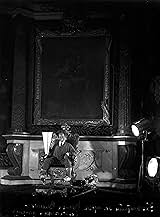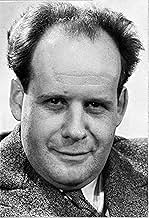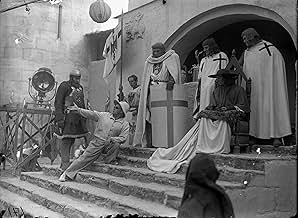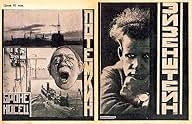Sergei Eisenstein(1898-1948)
- Director
- Writer
- Editor
The son of an affluent architect, Eisenstein attended the Institute of
Civil Engineering in Petrograd as a young man. With the fall of the
tsar in 1917, he worked as an engineer for the Red Army. In the
following years, Eisenstein joined up with the Moscow Proletkult
Theater as a set designer and then director. The Proletkult's director,
Vsevolod Meyerhold, became a big influence on Eisenstein, introducing him to the
concept of biomechanics, or conditioned spontaneity. Eisenstein
furthered Meyerhold's theory with his own "montage of attractions"--a
sequence of pictures whose total emotion effect is greater than the sum
of its parts. He later theorized that this style of editing worked in a
similar fashion to Marx's dialectic. Though Eisenstein wanted to make
films for the common man, his intense use of symbolism and metaphor in
what he called "intellectual montage" sometimes lost his audience.
Though he made only seven films in his career, he and his theoretical
writings demonstrated how film could move beyond its nineteenth-century
predecessor--Victorian theatre-- to create abstract concepts with
concrete images.


























